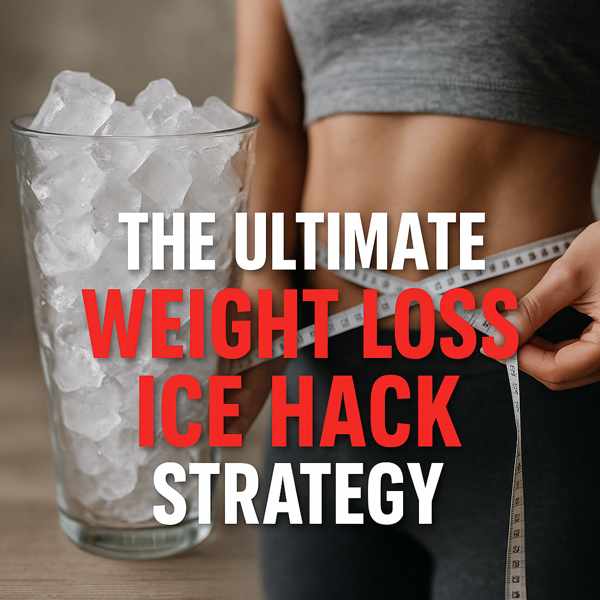
This trending method claims to boost metabolism using cold exposure, often in the form of ice.
But is this method backed by science, or is it just another internet fad?
What Is the Ice Hack?
The "ice hack" usually refers to practices like drinking ice-cold water to trigger thermogenesis.
Supporters claim that:
- Cold exposure increases calorie expenditure
- Drinking icy water may curb appetite
- Which can burn stored fat
- Using cold compresses may target stubborn fat
Is It Effective or Just Hype?
While the idea seems promising, the actual calorie burn from cold exposure is minimal.
Scientific observations include:
- Brown fat burns more calories when activated
- Helpful for weight control
- Cold stimulation may improve circulation and recovery
Different Ways People Use the Ice Hack
You might encounter:
- Start your day with icy lemon water
- Cold packs on the neck or stomach
- Ice chewing to reduce snacking urges
- Combines natural support with cold exposure
Each version offers a different approach, but none replace a proper weight loss program.
Benefits and Drawbacks
Pros:
- Simple and inexpensive
- Encourages hydration
- Sucking ice can replace mindless snacking
Cons:
- Not effective as a standalone strategy
- Cold isn’t tolerated well by everyone
- Risk of false expectations
Who Is the Ice Hack For?
It may be suitable for:
- People who enjoy health experiments
- Those already working on diet and fitness
- Simple motivation to stay consistent
If you’re expecting dramatic results from this hack alone, you may be disappointed.
Combining the Hack with Healthy Habits
For safe and effective use:
- Drink cold water before meals
- Pair with a calorie-controlled diet
- Exercise regularly
- Use cold exposure in moderation
It’s most effective when part of a broader plan.
Final Thoughts
The weight loss ice hack might offer a tiny metabolic push, but it’s no substitute for real effort.
Consider more information the ice hack a supplement to—not a replacement for—real work.